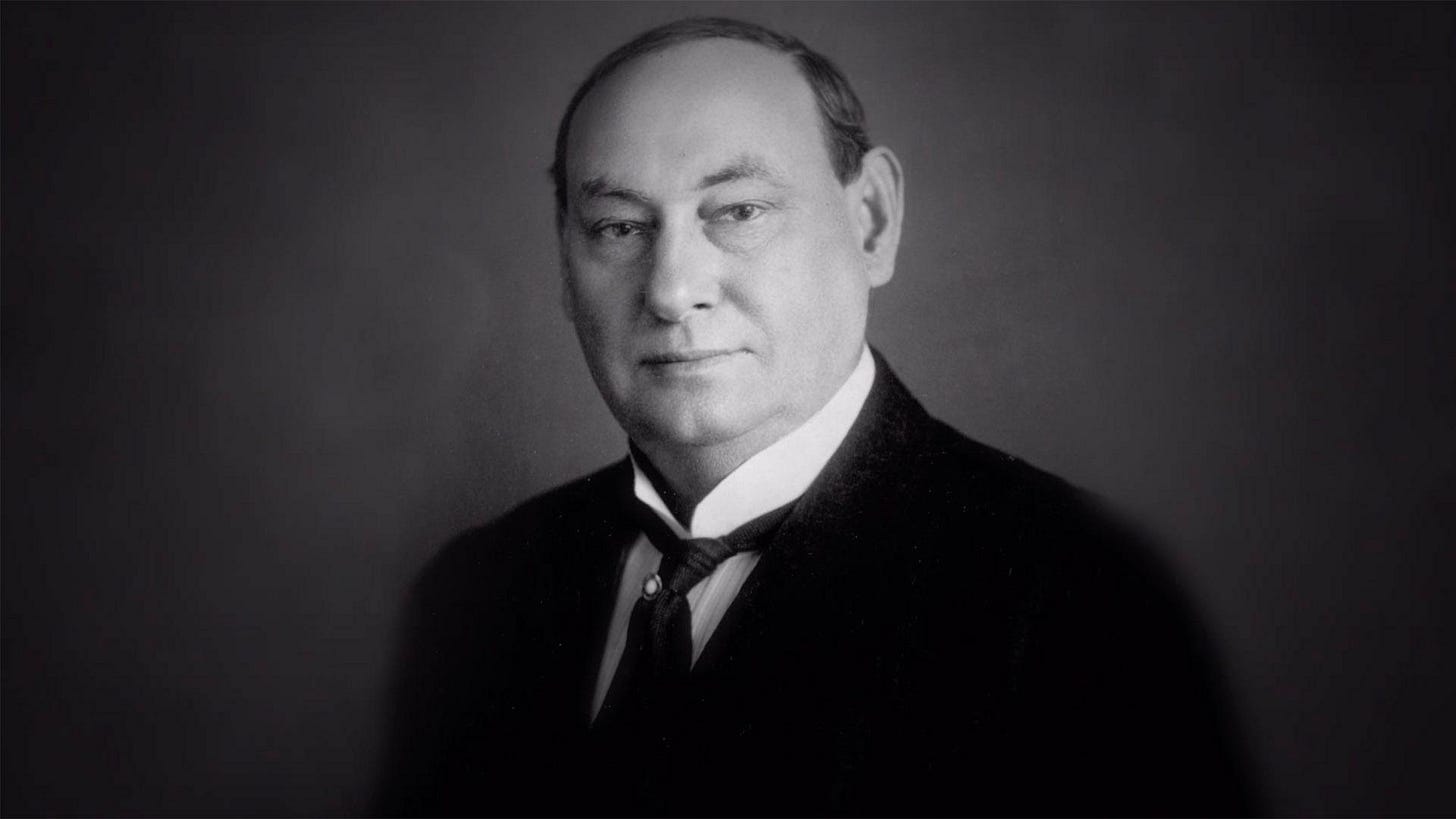Sugar + the Pure Food and Drugs Act
Harvey Wiley studied sugar adulteration for years before crafting the Pure Food and Drugs Act
The following is an excerpt from p. 101-102 of Chapter 2, “Sugar is the Knife: The World’s Favorite Drug” from my book, Drugism (2022):
[Note: this excerpt picks up where “Uncle Sam's Sugar War” left off.]
While sugar consumption in the US increased exponentially, the purity of the sugar itself did not. In 1900, six thousand people got sick from a batch of sugar contaminated with arsenic that was used to brew beer.[i] It was just one of many cases in which unknowing consumers were poisoned by impurities in sugar. Thankfully Dr. Harvey Wiley was around to do something about it.
Harvey Wiley was born in 1844. After obtaining degrees from Harvard and Indiana Medical College, Wiley spent years studying sugar and its adulteration. According to the FDA’s biography of him (which is itself quite biased, for reasons explained later), Wiley desired “to help the United Stated develop a strong domestic sugar industry.”[ii] But it might be more accurate to say he wanted an honest sugar industry.
Wiley worked for decades to protect consumers. His passion for public health was the dominant theme in his life’s work. It expressed itself in many ways. One of his more popular projects was dubbed “the poison squad.” The squad consisted of a team of volunteers who tested on themselves the side effects of legal food additives. Their documentation of the adverse effects of various common chemicals captured the public’s attention.
After years spent studying sugar production and purity, Wiley was hired by the US Department of Agriculture as Chief Chemist in 1882. His office was dubbed the Division of Chemistry in 1890 and, in 1901, re-dubbed the Bureau of Chemistry.[iii] It was in this period that Wiley did what he is most well-known for: usher the passage of the Pure Food and Drugs Act in 1906. He put more into the bill than perhaps anyone else and has been called the “Father of the Pure Food and Drugs Act,” which itself is also known as the “Wiley Act.”
The bill is often portrayed as part of President Theodore Roosevelt’s so-called “Square Deal,” an extensive political campaign to restructure relations between capital and labor. Wiley’s Bureau of Chemistry was initially responsible for the enforcement of the bill, which required strict standards for the purity and safety of commercially sold food products. As one might guess, Wiley was not exactly admired by the businesspeople who produced and sold processed food. Their lobbyists became his political opponents and beseeched Congress to do away with Wiley’s law and lift regulations on food processing.[iv]
With such pressure from the corporate sector, Wiley’s influence in the federal government did not last long. In the first year of the Pure Food and Drugs Act’s implementation, a meeting occurred. It might not otherwise be notable except that, in Wiley’s own opinion, it was the point at which his own power was effectively terminated and the downfall of the Pure Food and Drugs Act was set into motion.
[Keep reading here: The “Sugarocracy” Strikes Back.]






